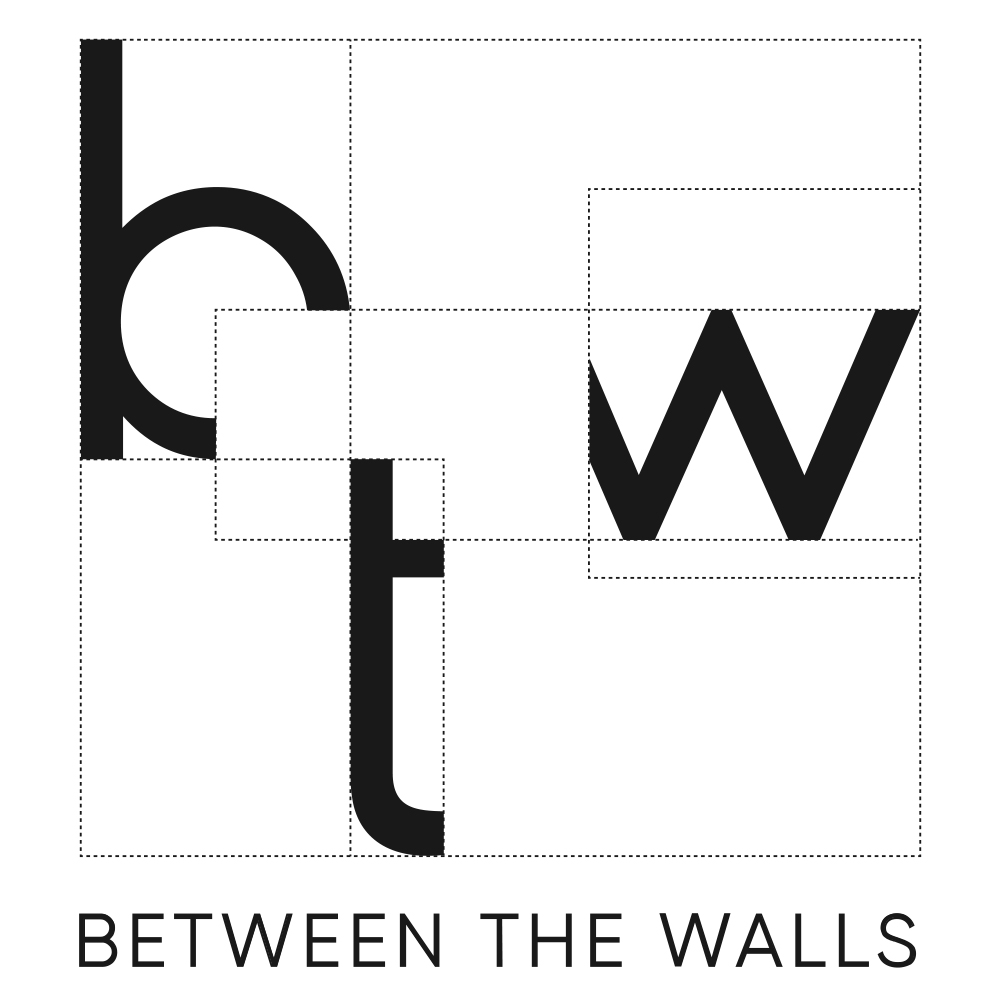Tatiana Khodakova
– You see how complicated I am.
– It was always easier with others than with you.
– How easier?
– I didn’t love them.
(Rinat Valiullin “Coffee in the Morning Sky”)
Perhaps you have noticed such a phenomenon in relationships, when there is a desire to please the person who is significant and important to you, and that it is this importance and significance that complicates communication.
Why does this happen?
The first significant figures in our lives are our parents (or people who replaced them). It was with them that we had our first experience of communication in close relationships. Not everyone can boast that their parents loved them unconditionally. Perhaps, deep down inside, they loved, but they showed something else. Namely, they praised only when the child behaved well or studied well, when he obeyed the requirements, was obedient, i.e. behaved the way the parents liked. When the child behaved inappropriately, did not correspond to the parents’ ideas of “goodness”, they made it clear (not necessarily with words, perhaps with intonation, facial expressions, interruption of communication, demonstration of resentment, etc.) that they did not like such behavior. As a result, the child perceived: to please the parent = to survive (my life depends on the ability to please).
Further, already in adulthood, this strategy of “trying to please” will be activated every time a person enters into communication with significant people. Such “inclusion” can manifest itself when communicating with potential or real friends, partners, teachers, managers, etc.
With people who do not fall into the category of “important”, a person can behave more naturally, without an admixture of the desire to please. And what is most interesting, the probability that he will evoke pleasant emotions in the interlocutor is much higher than in communication from the position of “I need to please”, because in such interaction there will be no tension. Tension is caused by this need (need) to please, the space of communication becomes charged with the energy of unconscious fear – “I won’t be liked = I won’t survive”.
When the need to please certainly appears, then:
- firstly, this is a sign that the person is important to you, that you consciously or not, have appointed him as a potential close one (or he reminds you of some figure from your close circle, read – a parent),
- and secondly, now you are interacting with him from a child’s position, as if offering to adopt yourself, which can only push away.
What happens next?
Perhaps, events developed in such a way that your relationship was nevertheless assigned the status of “close” – you became partners, friends, comrades, etc. Then there is a possibility, if you entered this relationship from a child’s position, that now you will move to the position of a parental figure. You will start to show discontent in situations when this person does not try to please you, does not try to do what you think is right, does not correspond to your ideas about how a “close” person should behave. In other words, the same parent-child scenario will be played out in communication. And it should be noted that the closer these relationships are, the brighter the manifestation of claims will be: in relationships with a loved one, this will be demonstrated more clearly, in relationships with friends, bosses, colleagues – a little “covered”.
It turns out that there are fewer claims to “non-close” people, they are weaker or there is no “splash” of negative emotions at all. That is, less internal tension next to “strangers”. Strange, right? As if close people are “targets for hitting”, and not objects of love and tenderness.
Why is that?
Because there is a transfer of parent-child figures to other people. Parents in the process of upbringing can punish a child, sometimes there is a reason for this. But such a form of communication with adults will be a losing proposition for everyone. Behavior from a childish or parental position with a partner can “raise” emotions that are related to the past, which means that it is difficult to get an adequate reaction in the current reality. “Everything is complicated” – this status in relationships, as a rule, is relevant precisely when there is a transference, but it is not realized.
How to get out of the parent-child scenario of relationships with other people?
Start cultivating a state of internal support in yourself! Why do we make claims to other people? Because we continue to maintain the illusion in our psyche that our life is totally (as in childhood) dependent on another person! We are looking for someone to rely on, and we express dissatisfaction when the support does not obey our desires and demands.
How to regain the feeling of support?
Start feeling support in the literal sense – physically. Feel your body at the level of sensations, not thoughts:
- put your feet on the floor and feel the ground under your feet; start noticing your breathing;
- look around and discover that right now you are safe and your body is always with you and gives you support at the first call (and even without a call);
- allow yourself to feel where in the body your personal center of balance is and realize that in any situation you can turn to it to immediately feel more stable in the literal and figurative sense
Since each muscle in our body has its own psychological functions, the state of self-reliance is possible when we feel our body, when we are in conscious contact with it. So EASY! By the way, a good status for relationships with life.
Photo by Andrej Lišakov
Translated by Maria Zayats
Read also:
5 simple psychotechniques to understand yourself better

Татьяна Ходакова
Практический психолог
Интегративный подход






